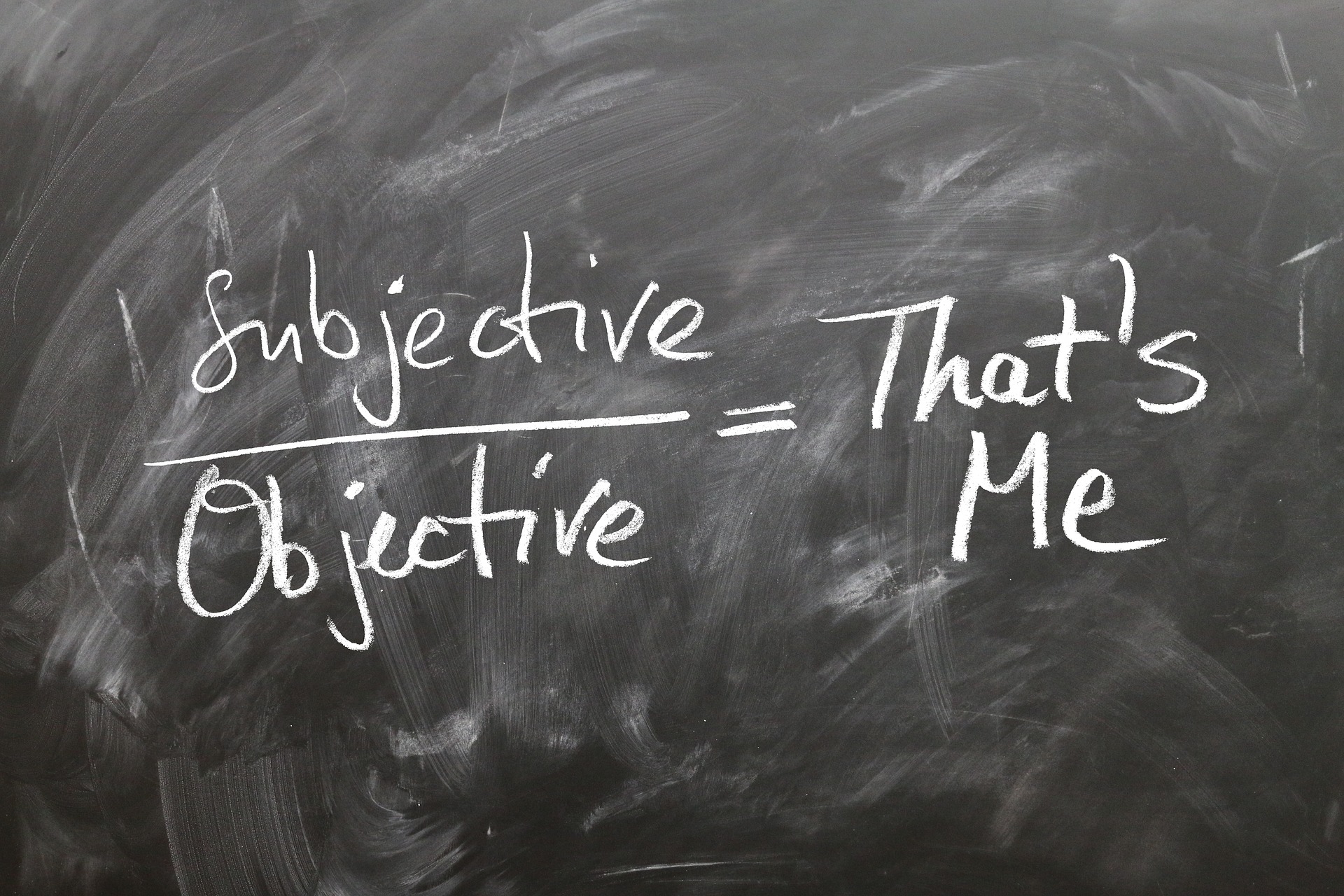
Most people do not care much about philosophers – unless it is Ayn Rand.
About two months ago, Medium editors suggested an article by Paul Constant explaining how COVID-19 unraveled Ayn Rand’s ideology. I was not impressed, finding it as one more political opinion piece lacking understanding of the message of “Atlas Shrugged.” At that time, there were only several comments, most of them applauding the author. To strive for more of a balance, I made a short, critical post. Two months later, Paul’s article has about 100 comments more, with quite a few highly critical. I was surprised that, according to Medium’s statistics, about a quarter of the readers of my post applauded it. I received a few responses as well, some deserving a broader reply.
I find it meaningful that “Atlas Shrugged” influenced Paul Constant in his youth, but he grew out of it. Andrew Cheng, an author of another similarly shallow critique of Ayn Rand, mentioned a similar experience. I bet that inquiring readers can find well-written essays for and against Ayn Rand’s ideas. I find it intriguing why some support her vividly when others despise her. And some, as mentioned above, have done both. Let me look at that through a prism of my own experiences.
I ‘met’ Ayn Rand late
I grew up in then-socialistic Poland, where Ayn Rand’s ideas were nonexistent in media and education. I read “Atlas Shrugged” when already in my 50s, and I was not much impressed. But I found astonishing the precision of Ayn Rand in describing some of my own observations and conclusions. Looking back, I will trace the experiences that led me to Ayn Rand’s snares.
It is my parents’ fault
When we did something wrong because everybody else was doing the same, my parents kept asking, “If they went on a cliff and jumped, would you do it as well?” There was no excuse even if we acted upon the encouragement of someone supposedly smarter; we should know better. But if, following the same principle, we got in trouble at school, our parents stood behind us, and our teachers knew that.
Our parents taught us to see right from wrong and good from bad. They expected us to evaluate the situation objectively to the best of our abilities and act accordingly regardless of the circumstances. That ability to be objective was crucial.
The education path did not help
In Poland, besides four-year college preparatory high schools, they have five-year high schools, which provide professional training as well. I ended in the one training radio and TV repairmen. It was not my calling, but I got hooked by the challenges of troubleshooting. In electronics, it is more exciting because often, one cannot see the problem. It is the process of guessing the most likely cause, taking some measurements, and following it to a resolution. Troubleshooting is frustrating for many because often, it is hard to pinpoint the problem. But, again, objectivity is the key to success. The causes of the problem are brutally objective – no “if,“ “and” or “but” about it.

The math teacher did not help either
In my early teens, I was not too fond of math. Yet without much effort, in high school, math became my favorite subject. The teacher was the secret ingredient. Later, when studying engineering, I was given math at its highest level. It was fascinating seeing math describing the dynamics of multidimensional processes that are beyond our imagination. At that time, I was already interested in politics.
I soon realized how limited are formal math applications in social science. Besides their complexity, the uncertainty principle rules: the closer to the detail, the more the observer’s bias applies. However, we still are a part of nature. We may never can know social behavior as objectively as the functionality of a complex machine. But by understanding patterns in complex technical processes, we can better estimate possible scenarios in social systems. In mathematical terms, identifying orthogonal axes in the multidimensional space is the key. In layman’s terms, those are the independent factors determining the outcome.
Criticizing my commentary, Eric Engheim was right when writing: “You cannot deal with questions of society as if it was mathematical equations.” But, it is a cheap shot in criticizing Ayn Rand. As a programmer, Erik uses math to build models of complex processes and to simulate possible outcomes. One can do it only under the assumption that there is an objective truth about how things work and an objectively better solution than others. But Erik declares himself as a social democrat, and as such, he divorces his political views from activities that pay his bills. For him, “it is a value judgment”; “a society has to be judged by the conditions of the lesser among us.” In my finding, societies have to be valued by adopting solutions that work. Without cash on hand, caring about “conditions of the lesser among us” is just hollow talk.
If people fail to keep an eye on what makes societies wealthier, the path of Argentina is the fate of the United States, China, or Norway, where Erik lives. But, as the case of Argentina illustrates, it takes almost a century to bankrupt a wealthy nation. Erik is unlikely to see the fruits of the implementation of his ideas.
The literature teacher was not any better
My literature teacher could keep in check a class of 40 young males, despite having a petite figure and being at the age of our grandmothers. She was seven years older than Ayn Rand. Her mantra was that we would do fine in life even if we forget everything we learned in school, except the following three rules:
- Everything can be done better than before.
- Each ailment can be corrected by clearly defining its essence.
- Identifying the problem is half the solution.
Does it not sound like a credo of objectivism? There is an assumption that, objectively, there is a better way. Further, there is a way to identify the true, ergo, objective causes of our problems. And, there is a conviction that it is the only way of advancing each of us individually and society as a whole. My teacher knew that before Ayn Rand wrote her famous book.
My religious upbringing added as well
The Judeo-Christian doctrine emphasizes personal responsibility. Regardless if one is rich or poor, powerful or powerless, we are all equal in front of God. We are judged by our deeds at the moment of death, not by the wealth we accumulated or the power we had. We cannot bribe St. Peter at the gate. We cannot force ourselves in by commanding guys with guns. Putting aside disputes about God’s existence, that religious message reflects the core universal moral truth – we die alone.
Nikos Papakonstantinou, my other critic, does not like that Ayn Rand’s message is “you will die alone.” I do not recall that message, but if Ms. Rand mentioned it anywhere, she did not invent it; she only repeated one of the fundamental moral values of Western civilization.
Nikos is correct that “Man is a social animal. It survives only in groups.” But he is wrong when concluding that “the purpose of the group is to be greater than the individual.” The purpose of the group is to enable individuals to perform to the top of their abilities. There is no such thing as the greatness of the group. Some groups might be superior to others only by creating better conditions for individuals to flourish. “Whoever fails to understand this does not understand how human civilization became possible in the first place,” as Nikos wrote, arguing for the opposite.

Influence of Tadeusz Kotarbiński
Outside of Poland, very few people have heard of Tadeusz Kotarbiński, one of the greatest Polish philosophers of the 20th century. He was 11 years older than Ayn Rand. He is known for a concept of a good person as dependable and trustworthy. His writings about the ethos of work became a part of the Polish national tradition. All his major writings predate Ayn Rand’s book.
In the 1960s, it became evident that Poland and other countries in the Soviet Bloc were not advancing as fast as Western Europe. The government blamed human faults and tried to motivate Poles to work harder. In this context, Kotarbiński’s writings were welcome. For the system’s critics, Kotarbiński’s concepts of good work could never function in the socialistic system; they proved the unrepairable faults of socialism. Facing that dilemma, the government limited publications about Kotarbiński’s ideas. It had an opposite effect because many who otherwise would never have cared got interested in the ideas feared by the government.
Interestingly, history delivered the verdict. Socialists bankrupted Poland to total economic collapse in the 1980s. Twenty years after the system change in 1989, Poland, as a capitalistic country, emerged as one of the fastest-growing European nations. The same people, the same country, a different system.
I knew that before reading “Atlas Shrugged.”
Doers and moochers
An experienced manager once told me that there is at least one, maybe two achievers in every team of 10. They are at work on time; they excel on their assignments with little or no supervision. But on the same team, there is at least one loafer masquerading as a worker. The remaining 6–8 employees look at how achievers and moochers are rewarded, and act accordingly. When reading the biography of Steve Jobs, I noticed that he was adamant about firing the weakest employees. He could do it in the startup he ran. He built one of the most successful businesses of our time this way.
But if the purpose of business is more than bringing profits to shareholders, we start noticing that moochers have children and mortgages to pay. We impose on businesses other social goals as well. Some people stay on the jobs they hate because of benefits like health care, which are tied to their jobs but not related to work performance.
In an extreme case, my first job after college was at a large company, which was behind schedule with opening a new division but was hiring as planned. There was no work for anyone on my team, but due to contractual obligations and benefits that were crucial to me, I stayed on that job for more than a year. Some of us grabbed any opportunity to do anything useful, killing most of our time studying the company’s educational materials. But I discovered that others felt pretty comfortable doing nothing all day, except a few hours from time to time when compiling reports showing how much work they did.
Later, I ran my businesses for several years, where identifying and letting go of the least productive employees was necessary for staying solvent. Ayn Rand could not tell me anything new about doers and takers.
Doers of all kinds
At my service business in Chicago, I had field technicians and technicians doing repairs at the shop. Once, we had a customer who was about five minutes’ walk from the office. To complete a service call, a field technician needed a second pair of hands just for a minute or two. It was a beautiful, sunny day in the early summer, perfect for a walk. I asked a repairman in the shop to help his colleague. He refused because it would disturb his work. Eventually, he did what I asked, but he complained about this for weeks.
My field technician wondered how one could sit all day in a claustrophobic room fixing electronics. For him, driving from one job to another was fulfilling work. I am citing this example because many critics of “Atlas Shrugged” see rich people as doers and poor people as moochers. In my example above, both technicians were doers. Both of them were good at their work, and both were devoted employees. The on-site technician was overreacting a little in his refusal to help in the field, but most employers would be happy to have only these kinds of problems.
Dagny Taggart, the protagonist of “Atlas Shrugged,” had a network of doers. Without them, she could not function. She could be a doer at her position because she learned how to identify doers. As Kotarbiński wrote, she trusted them, they trusted her, and they knew that they could depend on each other. I noticed that in reading the book, as it is a part of my personal experience as well.

Signing payroll checks on the front
Critics of “Atlas Shrugged” see it as the glorification of ruthless capitalism. I have noticed that people who sign payroll checks on the front see it differently. I opened my first business in Poland after I lost my job for political reasons. At that time, the alarm industry was in its infancy in Poland; within three years, we were a major player in our region.
Years later, when I could not find a satisfying job in Chicago, I started an alarm company again. It was much harder to enter the well-established market without any prior connections. Again, we did fine, selling the business 10 years later. I got a taste of being a capitalist and do not envy those who stay in the game and make more money than I did.
My most memorable experience from owning businesses is noticing that, before I was even able to make any meaningful money, so many already envied me. I was perceived as a capitalist, and it is a pejorative term now.
I noticed the same tone in the critical voices about “Atlas Shrugged.” My suggestion to critics: Go to the real world, open a business and try to make payroll for at least a year.
In ‘Atlas Shrugged,’ I saw echoes of my experiences
I did not find in “Atlas Shrugged” anything I did not know before. But I was impressed with the precision of Ayn Rand in describing it half a century earlier. The clarity of her reasoning was refreshing. The boldness was encouraging.
There is a small collection of articles criticizing Ayn Rand on Medium and a few supporting her. Articles like the ones I mentioned at the beginning reveal something optimistic. The young authors were exposed to Ayn Rand’s thinking and rejected it. But they are not at peace with their decision. They need to keep writing to justify their rejection. There is no escape from the iron logic of Ayn Rand’s reasoning.

 Many tell us what to think. I ask my readers to be skeptical. Question me and others.
Many tell us what to think. I ask my readers to be skeptical. Question me and others. 